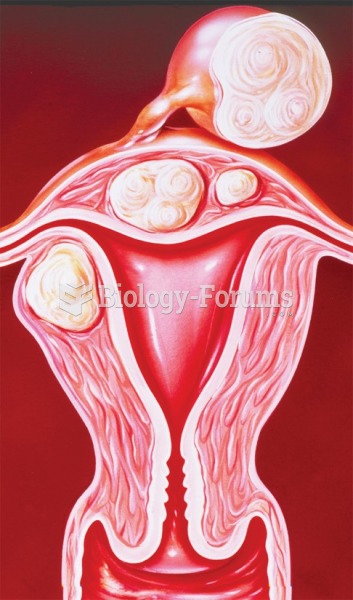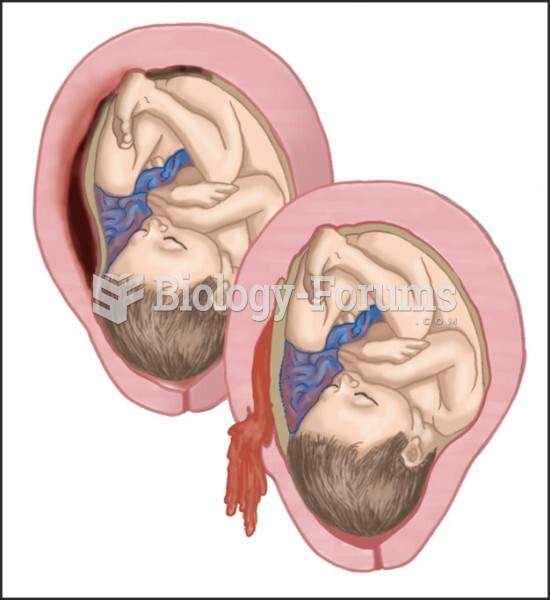|
|
|
Calcitonin is a naturally occurring hormone. In women who are at least 5 years beyond menopause, it slows bone loss and increases spinal bone density.
About one in five American adults and teenagers have had a genital herpes infection—and most of them don't know it. People with genital herpes have at least twice the risk of becoming infected with HIV if exposed to it than those people who do not have genital herpes.
Aspirin is the most widely used drug in the world. It has even been recognized as such by the Guinness Book of World Records.
There are more sensory neurons in the tongue than in any other part of the body.
According to the FDA, adverse drug events harmed or killed approximately 1,200,000 people in the United States in the year 2015.







